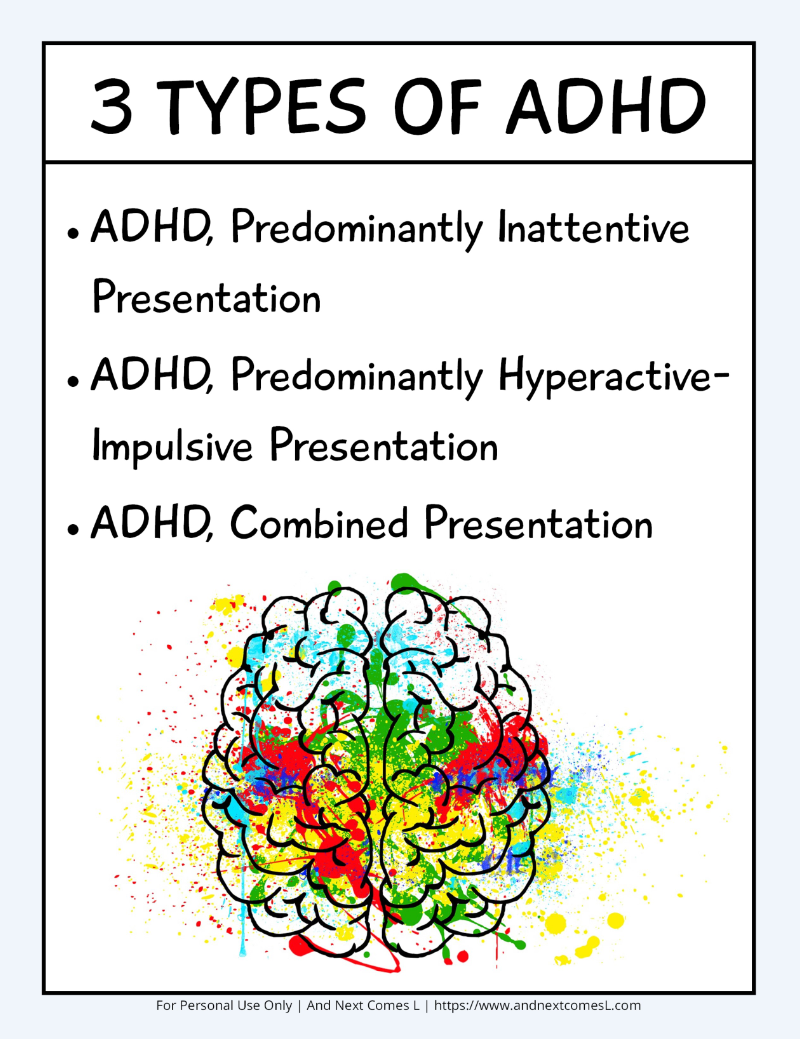Zombification: Unfortunately a true story...
- robertshawedco
- Jan 17, 2022
- 6 min read
Updated: Jan 19, 2022

As an SEN teacher and consultant I've seen some amazing, inspiring work undertaken by caring, dedicated professionals. I've also seen the opposite. What follows is a true story, the names of the guilty have been changed, not because they deserve anonymity, but because I don't want this to appear like a personal vendetta or gripe.
A few years ago I worked at an SEN school as head of KS3. As I got my feet under the table, learnt everyone's names and needs, I noticed that some of the Teaching Assistants were making notes about the pupils during class and these would later be added to the schools SIMs database. Some would write these notes in preference to helping the pupils.
When I looked, all of these notes highlighted negatives, behavioural transgressions, sarcastic comments, any refusal to co-operate first time was recorded. Within a few weeks of being there I asked one of the TAs why they spent so much time and effort doing this. At first their was reticence to engage in the topic and, after asking several times, I was told by the TAs to speak to the deputy-head of the school, who had asked them to 'monitor behaviour' of the new pupils rigorously.
The school's deputy-head was a Californian, with no teaching qualifications or experience, how they got the role was a mystery to me, they often displayed the worst kind of professional practice, openly cynical about both staff and pupils, lazy and always criticising others. We didn't get on, and they were extremely reluctant to explain why they had directed some TAs to essentially focus their time on drawing up 'naughty-lists' of no practical value. The pupils were tough, disturbed and needy, that was why they were there, in a unit designed to help people with those types of need.
A while later I had a moment of terrible realisation. When I read through the 80 plus Individual Action Plans (IEPs) of the pupils in KS3, I noticed every single boy had been 'diagnosed' with ADHD, only a few of the newer pupils were not. Its hard to get across what a range of personalities there were, some had grown up addicts due to parental addiction during pregnancy, others had been physically abused, or neglected. These boys had huge emotional range, a variety of skills and interests, some were extremely extroverted, others more timid. At the very least labelling them all with ADHD seemed like a massive oversimplification, but, in fact it was much worse than that.
A young man joined our role and presented as very studious and serious with occasional emotional outbursts, mainly focussed on female members of staff. He was troubled but was able to do his work. To my mind there was no way I would have described him as suffering from ADHD, he could focus for 20-30 minutes without an issue.
This boy had had his behaviour monitored by the TAs and within 3 weeks of being at the school I saw he too had been diagnosed with ADHD. I was surprised, but this soon turned to horror when I realised what was happening. As a result of the schools assessment the local authority were now insisting he be medicated, if his parents didn't agree he wouldn't be allowed to attend. This young man who needed our help was being labelled with a condition so that the management could chemically subdue him: this was not education as I understood it.
It became clear that the deputy head in question gave training to new TAs (there was quite a high staff turnover) where they explained about how logging behaviours on SIMs could be used to inform am ADHD diagnosis, and once the boys were medicated, life at school got easier for the staff. The deputy was asking for as much proof as they could provide.
They explained there were three types of ADHD and that they needed to keep an eye for tell-tale signs.
The first type of ADHD, impulsive and/or hyper-active, describes those who find it hard to settle down and focus.
The second type of ADHD, inattentive, describes those who maybe day-dream and lose focus that way.
The third type of ADHD, mixed, is used to denote those who show a mix of both the previous types.

What was happening was the TAs were being trained to see EVERY behaviour as indicative of ADHD, so that the school could then insist on medication. When I made my concerns about this clear to the Head they said, "This place is just a holding facility until these boys are old enough for prison". This, I understood, was their way of justifying what was going on, I could not believe teachers would act this way, and after making my concerns clear to the governors, I left.
Unfortunately this is not the only time I have seen SEN professionals act in a way that is manifestly opposed to the pupil's best interests. But this is the state of SEN teaching in many places because of the framework we are all forced to operate within.
Teachers have two basic options, meet the pupil's needs using excellent differentiation, classroom practice and their personal example, and / or medicate the pupils into co-operation. With only these two options available, limited time, energy and resources, teachers and schools can lean heavily on medication to help their days run smoothly.
And, of course, medication is incredibly powerful and helpful in the right circumstances, but like we all know, drug abuse can cause damage, even kill. I considered what was happening at that school to be abuse, it was clearly motivated by laziness and cynicism, not a duty of care.
I realised such abusive practice is condoned because there is real ignorance about what can actually be done to help.
At that school there was a very strong young man who was also unusually tall for his age. He had amblyopia (a lazy eye), was disruptive in class, and his default mode of interaction was to threaten and bully. His right eye and the left hand side of his body were all out of alignment, he dragged is left foot slightly and was always in a highly strung defensive mode. Nearly all his contributions on class were disruptive, he would insist on understanding why he had to learn something, what use was it, why bother?
I had begun reading book by Robin Pauc - see book section - a few months previously, it became obvious to me this boy had an underdeveloped left brain, the fact his right eye was out of alignment meant that side of his brain had not been working at full capacity for some time. His right brain, which is always looking for context and meaning, was dominating his thinking, he couldn't focus on details, a left-brain trait.
I arranged with his family for this boy to see the local district nurse and have his amblyopia addressed by a local optician. Neither the school, nor the family seemed to want to make the effort, but with persistence we finally got him treated. In the following few months there was a transformation. Physically the boy's posture and gait improved, as did his ability to access the curriculum, he could read with increasing ease, he also started asking different types of questions. A few weeks of daily appointments with an optician had changed his life, it was awesome, I'd like to think I, he and his family will be friends for life. They are excellent at sending birthday and Christmas cards.
The management of the school did not know what to do with the success I created. I was told not to do this again for other pupils, I asked why but there was no answer. I was also told that the work the catering staff had been doing to provide more vitamins and minerals at breakfast was going to be stopped, because, "Giving them blue-berries is too middle class".
I wish I was making this up.
Some places are hopeless, they allow themselves to become cynical as that can be used to justify inaction.
But there is reason for hope, science progresses all the time, we can help now in ways that were never possible before, but before making that extra effort to try and help, you have to believe that it is possible in the first place.
Traditional class-room based teaching and learning methods, in combination with medication, are not the only tools available. I began to learn about Neuro-developmental practices because I knew there was more to be done that just label a child with a condition and then move on. The work I had read about in the private sector was revolutionary, with schools across the world successfully tackling conditions I had been told were 'genetic' and therefore untreatable.
Put bluntly: these kids need help, with the right tools we can help, so we should. One of the principle barriers to this happening is the ignorant pride of people who are too lazy to learn, so stick to what they know. Incredible talents are being wasted, it doesn't have to be like this.
If you are a parent or teacher it would be a pleasure to show you how.


Comments